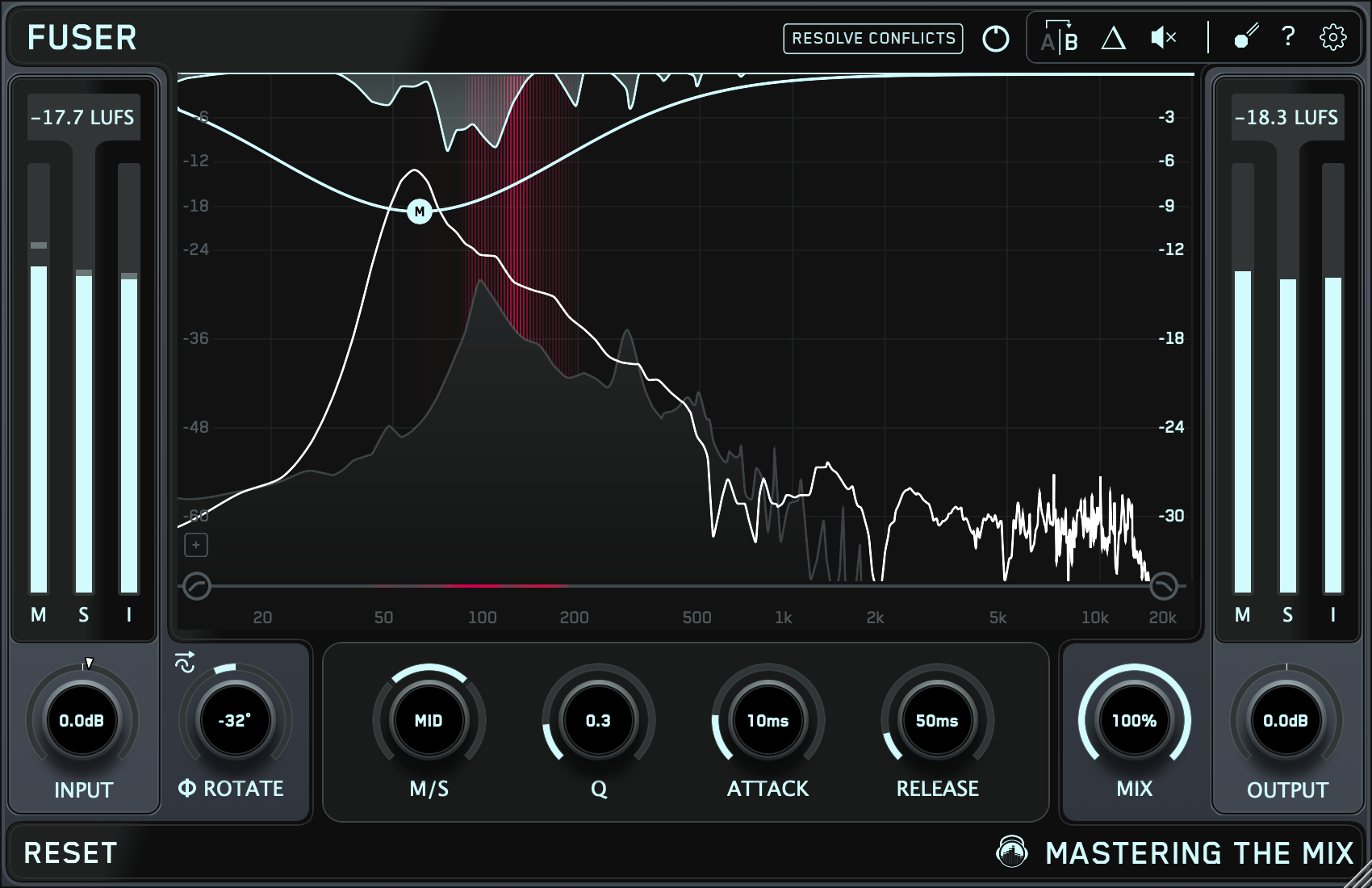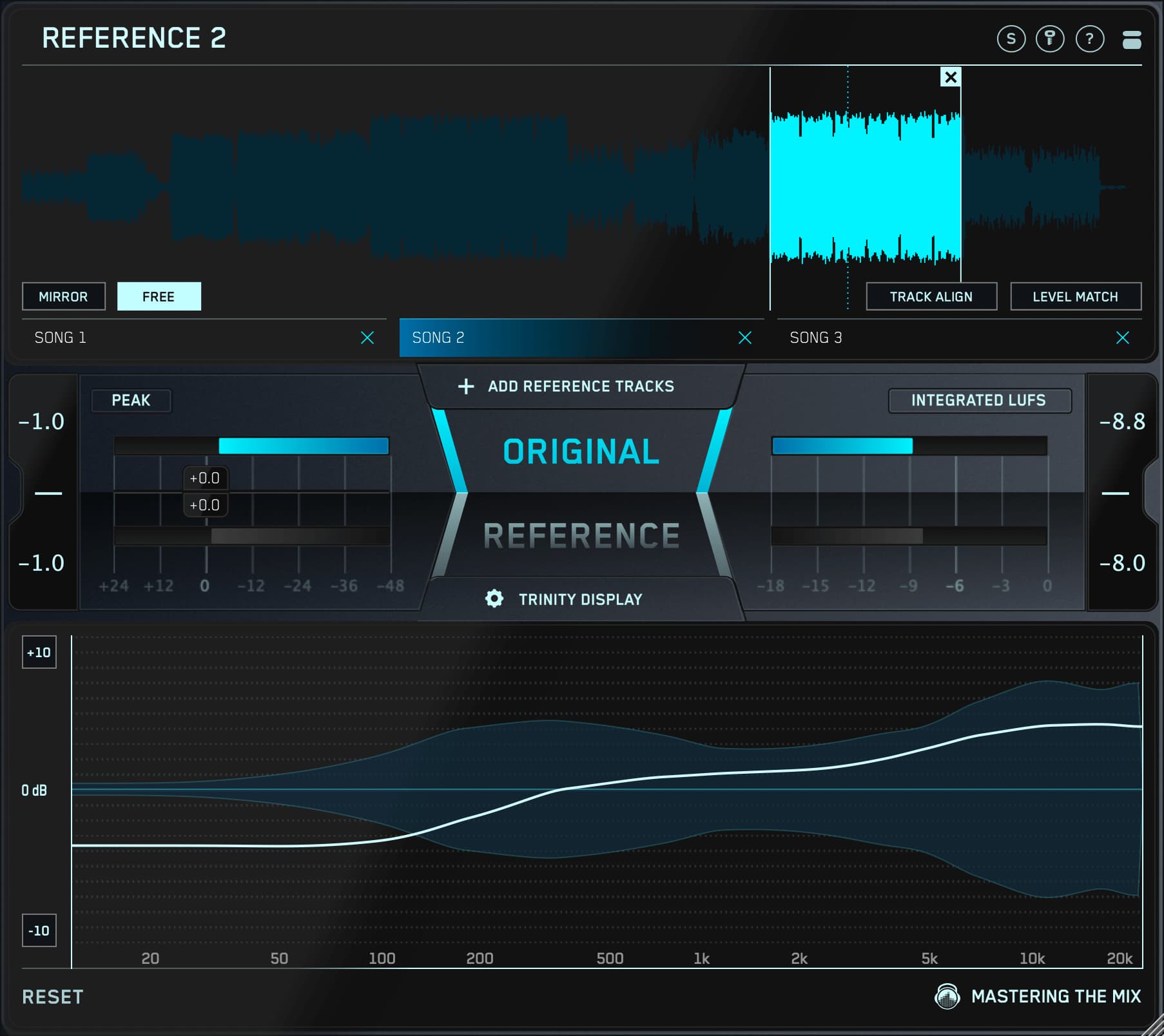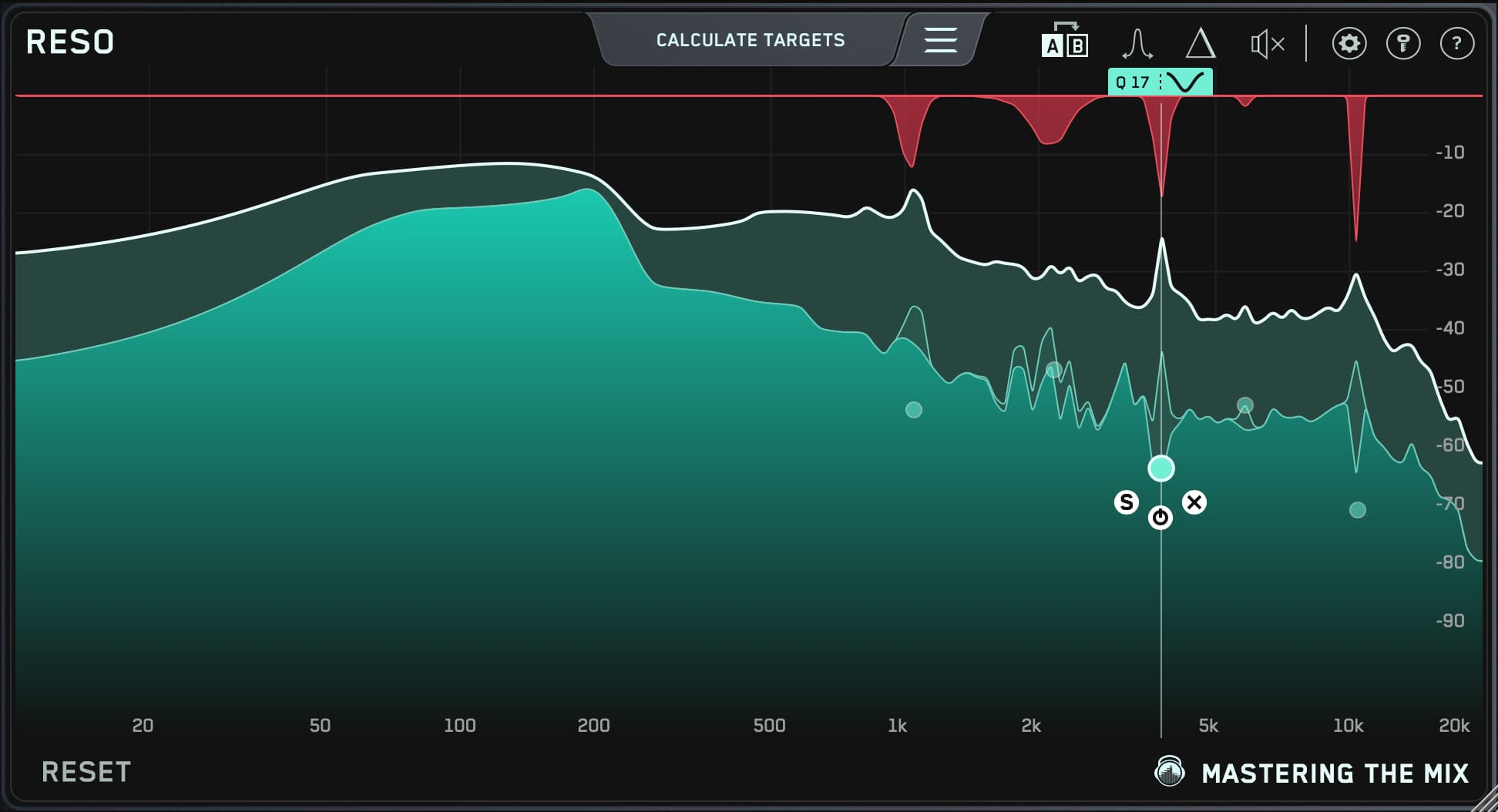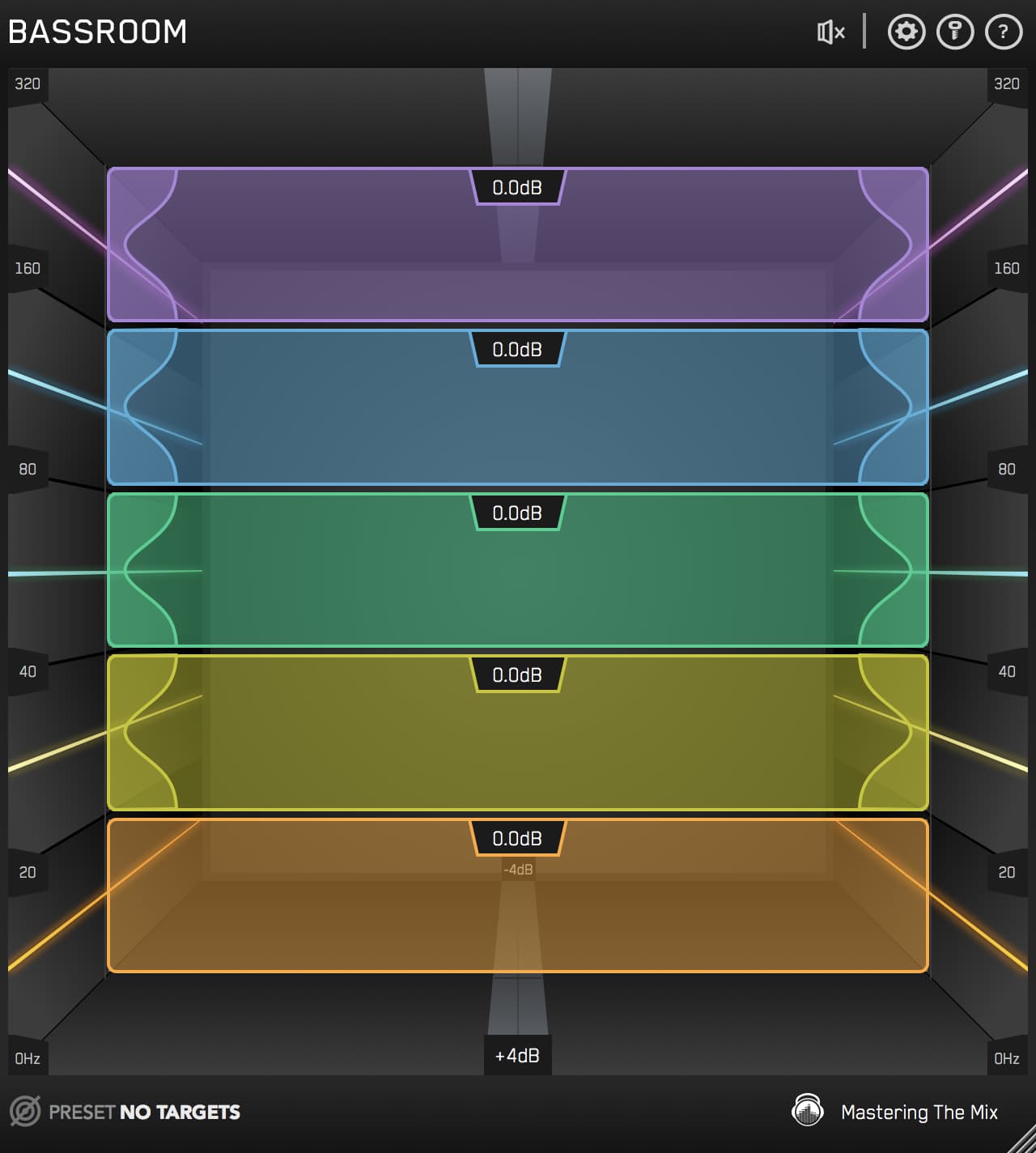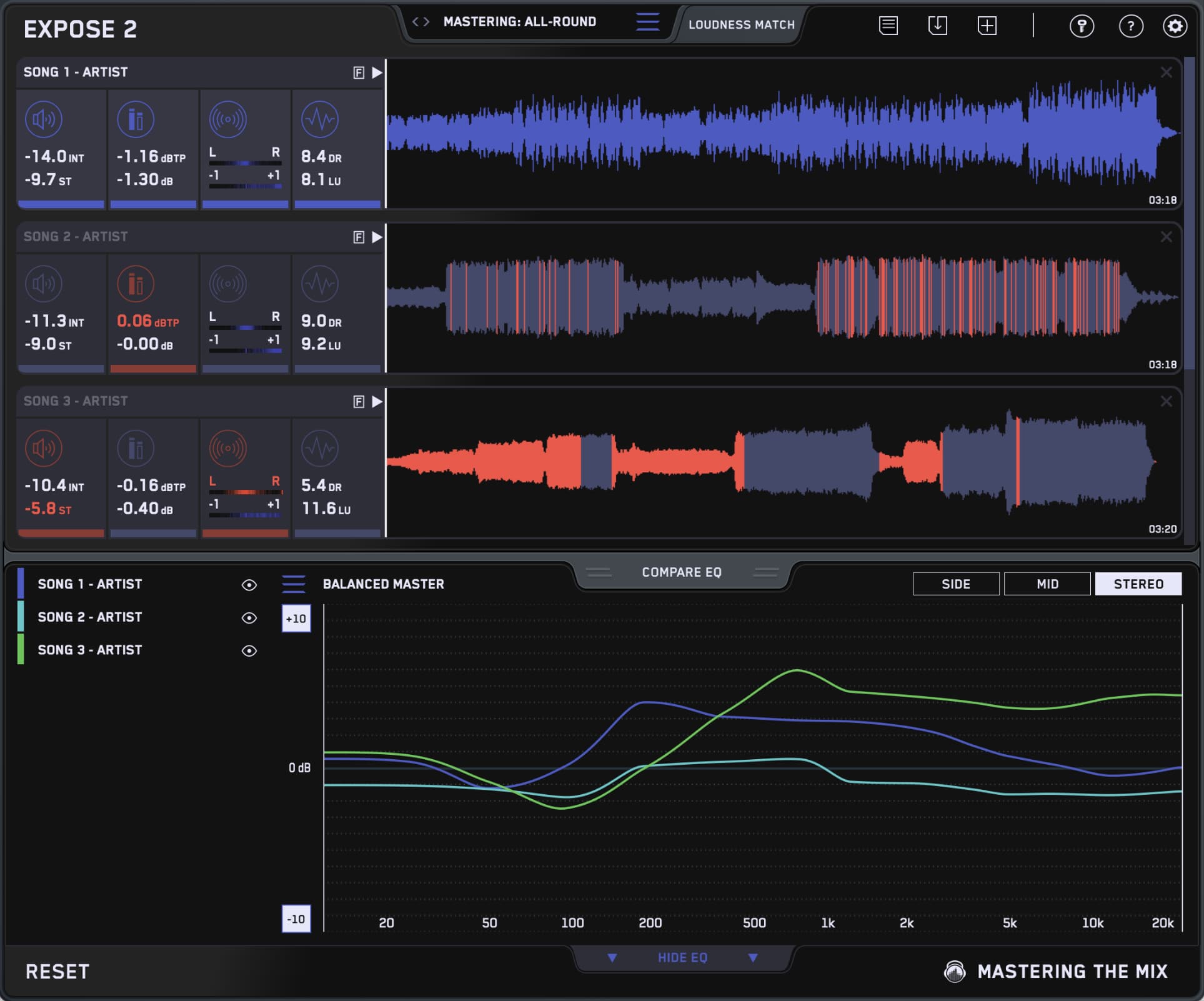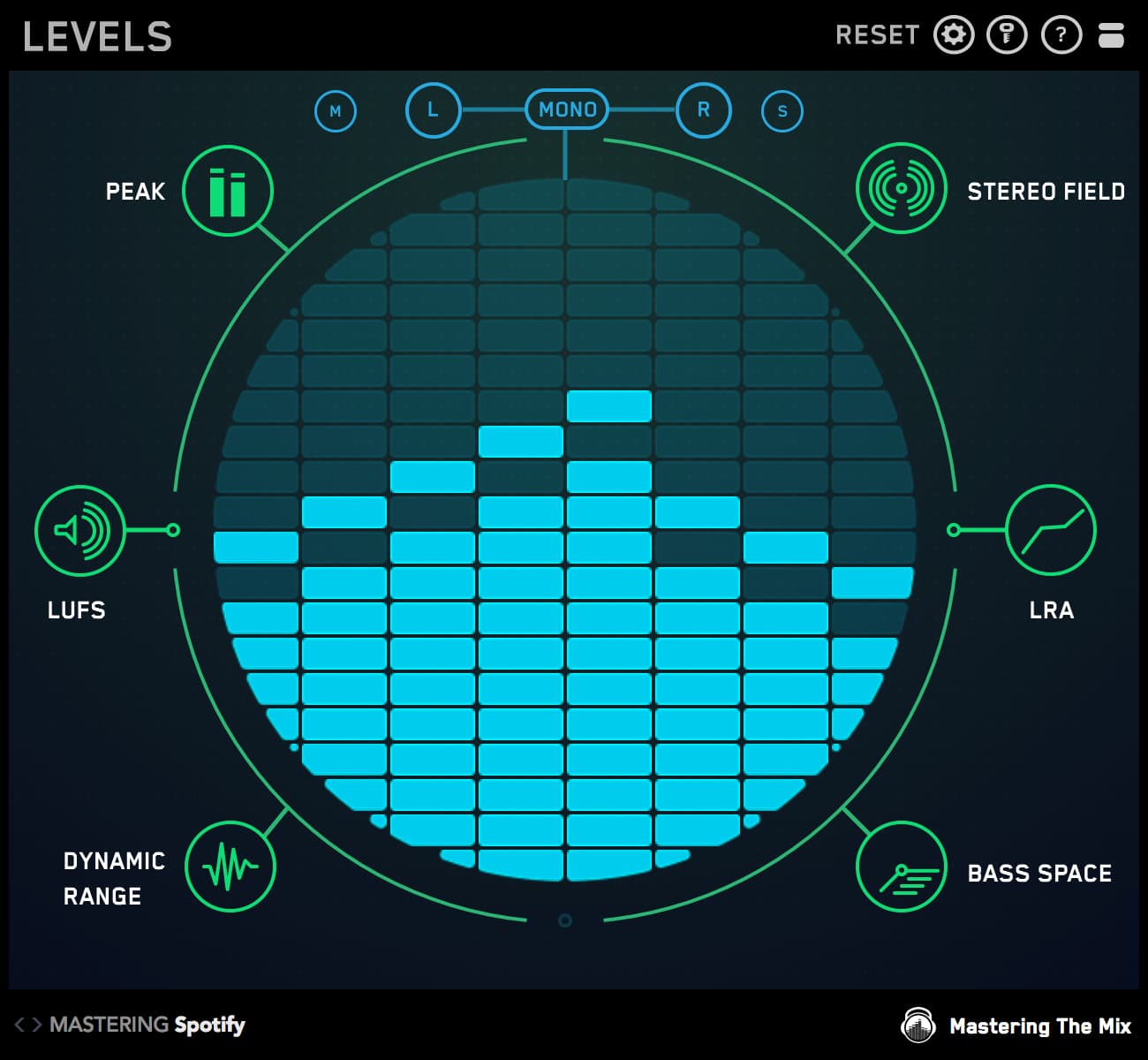I get really sceptical when a 'music producer', 'mixing technique' or a 'music making software' claims to have all the answers. However, this one simple, free and instantly useable technique may well change the way you mix forever. This post is about the importance of level matching when mixing and mastering audio.
What is level matching?
Level matching is where you adjust the volumes whilst comparing two or more audio sources giving them an equal loudness.
Why is level matching so important?
Research shows that the human ear interprets louder sounds to have a fuller bass and more clarity in the top end. Put another way, we perceive quieter sounds to be thinner and duller. Even an increase of just 1dB can create the illusion of a slighter 'better' mix. Understanding and applying level matching techniques will allow you make more informed, more objective and therefore better mix decisions.
How is level matching applicable in mixing?
I now approach all my projects by asking myself..."Are my mix decisions improving the sounds, or simply making them louder?" Let's say I'm working on a lead that needs a bit more presence to find its place in the mix. So I boost the high frequencies using my UAD Pultec EQP 1A. This increases the perceived loudness of the lead, tricking me into thinking I've made a great EQ decision when I compare it to my original sound. To make a more informed mix decision, I lower the output level on the EQ relative to my initial boost. The goal is to achieve a constant loudness of the lead when the EQ is toggled on and off. By doing this, I can be sure that I'm making genuine improvements to the audio. More importantly, I avoid being under the illusion that the lead sounds better when in reality it simply sounds louder.

Never be fooled by pseudo online mastering again...
You're happy with your mix and you want to master your track. You run it through an Ozone preset or the Landr algorithm and ...WOW it sounds amazing... But does it? Or does it simply sound a bit louder? Presets and algorithms aren't intelligent enough yet to make good mix decisions. As I've discussed, comparing two sounds of different loudness will give you a biased conclusion. So how can you be sure that mastering has actually improved your song? You guessed it... Level matching!

Let's say your mix measures in at -20.8 integrated (int) LUFS. The master comes out as a much louder -6.6 int LUFS. The only way to fairly compare the two would be to level match and A/B test. Prepare a session in your DAW and import your new master. Use our plugin REFERENCE on the output channel and drop in your original mix. Now hit the level match button to instantly and accurately match the level of the two tracks.
Does the master sound more defined? Does it sound less muddy? Is the low end more solid? Does it sound over compressed? Now that the levels are matched you can objectively determine whether the mastering has actually had a positive affect on the sound.
Check out this post I created on 'How To Make Sure Your Master Sounds Better Than Your Mix'.
What's the best way to accurately level match during mixing?
For speed, I generally rely on my ears to level match. But when I want to be more precise, there is a tool that never lets me down. The most accurate measurement of 'perceived loudness' is a LUFS meter. So let's say our bass is -20 LUFS. A 40hz frequency boost gives a louder reading of -18 LUFS. So I reduce the output level on the EQ until my meter returns to -20 LUFS. So when I toggle the EQ on and off, the perceived volume is exactly the same, allowing me to focus purely on the EQ changes.


